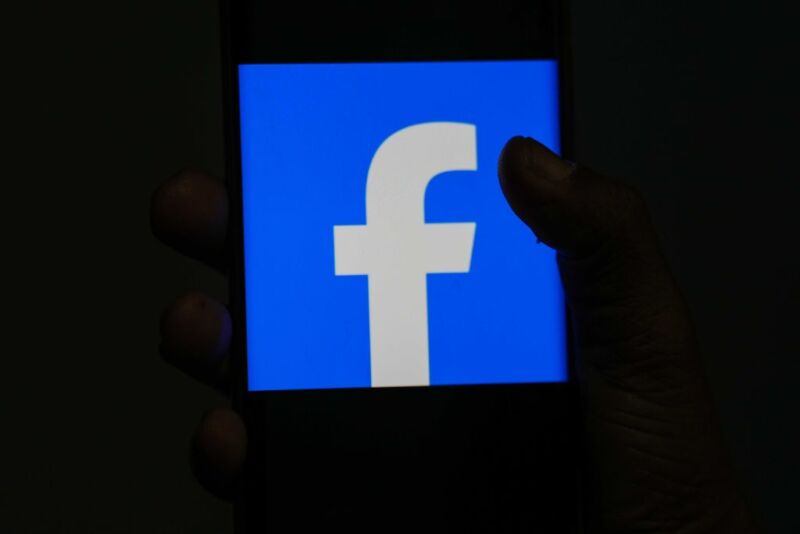
Meta is discontinuing data analysis tool CrowdTangle on August 14. The closure will come three months ahead of the next US presidential election and three years after it was reported that the platform used for spotting misinformation on Facebook and Instagram was causing internal strife.
Meta acquired CrowdTangle in 2016. CrowdTangle has been used by researchers, reporters, and government officials to identify trends about conspiracies and other forms of misinformation spreading through Facebook. Meta is going to replace CrowdTangle with a technology currently under development called Meta Content Library, but it will only be available to academic and non-profit researchers. For-profit organizations, like many news organizations, will lose access, as The Wall Street Journal points out.
Previously, CrowdTangle had some features available to the public, like Live Displays, which tracked how people discussed trending topics on certain social media channels like Facebook Pages. Journalists working at for-profit news outlets were able to apply for access to the full CrowdTangle service, as were publishers, including music labels, content creators, and public figures.
While announcing CrowdTangle’s closure date today, Nick Clegg, president of global affairs at Meta, claimed that five months’ notice “should give people time to complete any current projects they are using it for and, if eligible, to get up to speed with our new research tools, Meta Content Library and API, or others that serve their needs.”
However, in a conversation with WSJ, Cody Buntain, a researcher at the University of Maryland’s College of Information Studies who has used the beta version of Meta Content Library, told WSJ that CrowdTangle’s EOL date is “really bad timing,” pointing to researchers looking to draw data from Facebook and Instagram throughout the 2024 election campaigns.
Meta first announced it was shutting down CrowdTangle in 2022. At the time, Jesse Littlewood, VP of campaigns for voter advocacy group Common Cause, highlighted to Bloomberg the value of having CrowdTangle for insight into social media posts, noting, “We all know that the midterms are testing grounds for 2024, when the level of disinformation will be even higher.”
Meta is telling CrowdTangle users who don’t fit the criteria for Meta Content Library access to use third-party offerings or a Meta Business Suite feature called Insights. Insights, however, helps users “understand the results of your organic and paid social media efforts across Facebook and Instagram in one place,” per Meta, and therefore isn’t appropriate for all types of users who used CrowdTangle but won’t get access to Meta Content Library.
Users who had access to CrowdTangle will still have to apply for access to Meta Content Policy.
A thorn in Meta’s side
CrowdTangle helped create many headaches for Meta. For example, in 2020, New York Times journalist Kevin Roose started using CrowdTangle to share the “10 top-performing link posts by US Facebook pages every day, ranked by total interactions,” with some lists showing severe imbalance, such as 60 percent of the top 10 spots belonging to Ben Shapiro and 40 percent to Dan Bongino, both owners of far-right Facebook accounts.
A 2021 NYT report claimed that CrowdTangle was causing internal discord, with executives arguing over how much data Facebook should share with the public. Some executives were concerned that people were using CrowdTangle to uncover “unhelpful” trends, such as how much engagement Shapiro and Bongino received compared to news organizations, NYT reported.
Meta started pulling resources from CrowdTangle, including disassembling the team and no long releasing new features, in 2021. Its former CEO, Brandon Silverman, left in October 2021.
With Meta battling a controversial reputation when it comes to the availability of misinformation and illegal activities on Facebook and Instagram, it is limiting the ability for whistleblowers to extrapolate information that could potentially be critical for reporting on dangerous trends.
According to Clegg, Meta’s Content Library and API tools “provide access to near real-time public content from Pages, Posts, Groups, and Events on Facebook, as well as from creator and business accounts on Instagram. Details about the content, such as the number of reactions, shares, comments and, for the first time, post view counts are also available.”
Speaking to WSJ, Meta noted that its new tool will still offer more insight than what TikTok and YouTube offer to non-academics.
However, beta testers told WSJ that Meta Content Library’s flaws currently include lacking geographic-specific data, having limits on the amount of data a search result can yield, and privacy restrictions preventing seemingly reasonable tasks, like downloading data on elected officials’ public posts. It’s possible that Meta will update these flaws and/or make improvements to the tool before and after August. Some beta testers are optimistic about Meta Content Policy’s potential, but there’s also skepticism around Meta’s commitment.
Rebekah Tromble, director of the Institute for Data, Democracy, and Politics at George Washington University and a Meta Content Library beta tester, told WSJ: “Meta has a track record of making big promises to researchers, getting positive press coverage, and then backtracking.”




















+ There are no comments
Add yours